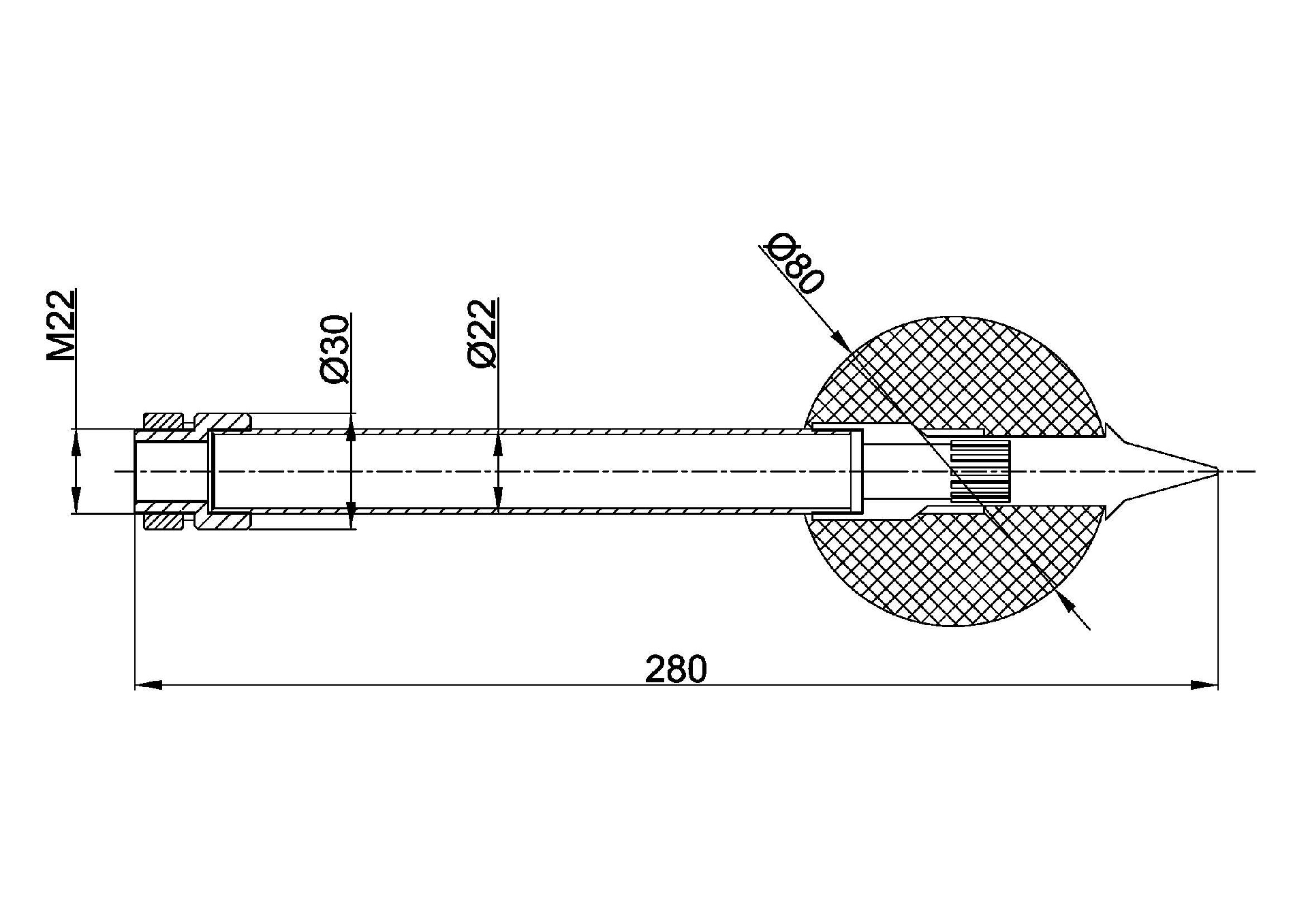

— Blogs —
—Products—
 Consumer hotline +8618073152920
Consumer hotline +8618073152920 WhatsApp:+8615367865107
Address:Room 102, District D, Houhu Industrial Park, Yuelu District, Changsha City, Hunan Province, China
Product knowledge
Time:2024-04-24 10:22:40 Popularity:382
A noise sensor is a device that is used to detect and measure environmental noise levels, which can be a variety of different types of sensors such as capacitive microdisplacement sensors, piezoelectric sensors, and so on. These sensors convert sound vibrations into electrical signals so that the noise can be quantified and used for further analysis and management.
1. environmental monitoring: used to monitor noise levels in cities, industrial areas or other environments to ensure that they do not exceed prescribed standards.
2. industrial applications: in manufacturing, to monitor noise emissions from machinery or equipment so that measures can be taken to reduce noise pollution.
3. construction sector: in new buildings or renovation projects, used to assess and control indoor and outdoor noise.
4. Personal health: to monitor the level of personal exposure to noise in order to assess health risks and provide protection recommendations.
Noise sensors can be equipped with data logging and analysis functions to provide real-time or recorded noise data to help relevant organisations and businesses carry out effective noise management and control.
Prices of noise sensors vary depending on factors such as brand, model, features, accuracy, type of output signal, type of communication interface (e.g. RS-232/485, etc.), whether remote monitoring is supported, the manufacturer's positioning (industrial or consumer), and the quantity purchased.
Based on the information I have, noise sensors come in a relatively wide range of prices; some may cost as little as $60-$150, while some high-precision or special-purpose noise sensors may cost hundreds of dollars or more.

As an example, an entry-level desktop noise sensor may cost 60USD, while a noise sensor for industrial environments with advanced features such as data storage, remote communication, and high-precision measurements may cost several hundred dollars.
Please note that these prices are just for reference, if you need an accurate quotation, it is recommended to contact a professional noise sensor manufacturer or seller directly and provide your specific needs to get the most accurate quotation information. Meanwhile, you can also pay attention to some e-commerce platforms or professional environmental protection equipment trading markets to compare the quotations and services of different suppliers. When purchasing, please also ensure that you choose regular brands and channels, and make sure to consider the quality, after-sales service and technical support of the sensors, not just the price.
Prev:Double Tipping Bucket Rain Gauge: Accurate Measurement of Rainfall
Next:RS485 tipping bucket rain gauge and pulse type tipping bucket rain gauge difference
Related recommendations
Sensors & Weather Stations Catalog
Agriculture Sensors and Weather Stations Catalog-NiuBoL.pdf
Weather Stations Catalog-NiuBoL.pdf
Related products
 Combined air temperature and relative humidity sensor
Combined air temperature and relative humidity sensor Soil Moisture Temperature sensor for irrigation
Soil Moisture Temperature sensor for irrigation Soil pH sensor RS485 soil Testing instrument soil ph meter for agriculture
Soil pH sensor RS485 soil Testing instrument soil ph meter for agriculture Wind Speed sensor Output Modbus/RS485/Analog/0-5V/4-20mA
Wind Speed sensor Output Modbus/RS485/Analog/0-5V/4-20mA Tipping bucket rain gauge for weather monitoring auto rainfall sensor RS485/Outdoor/stainless steel
Tipping bucket rain gauge for weather monitoring auto rainfall sensor RS485/Outdoor/stainless steel Pyranometer Solar Radiation Sensor 4-20mA/RS485
Pyranometer Solar Radiation Sensor 4-20mA/RS485
Screenshot, WhatsApp to identify the QR code
WhatsApp number:+8615367865107
(Click on WhatsApp to copy and add friends)